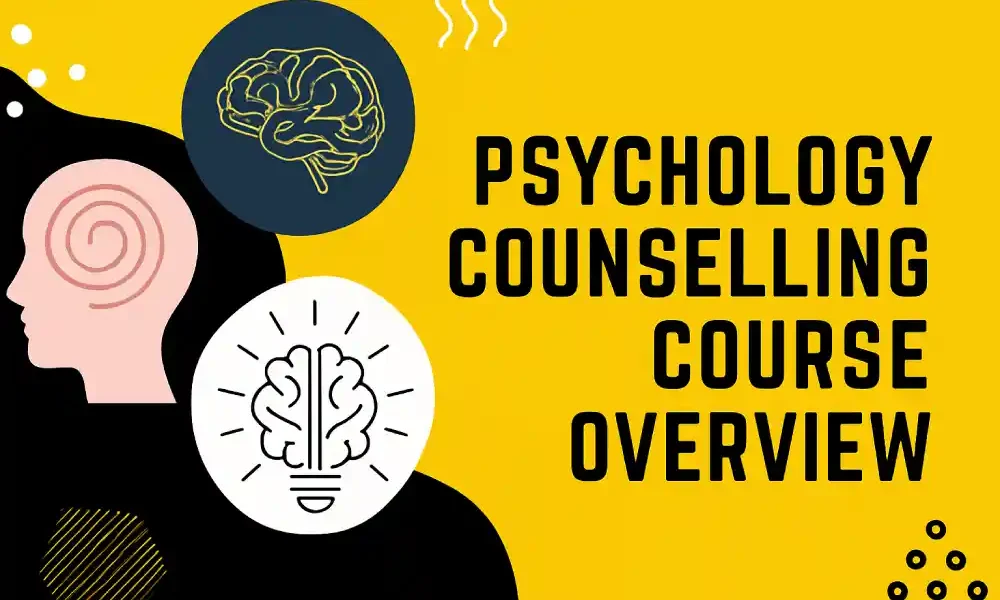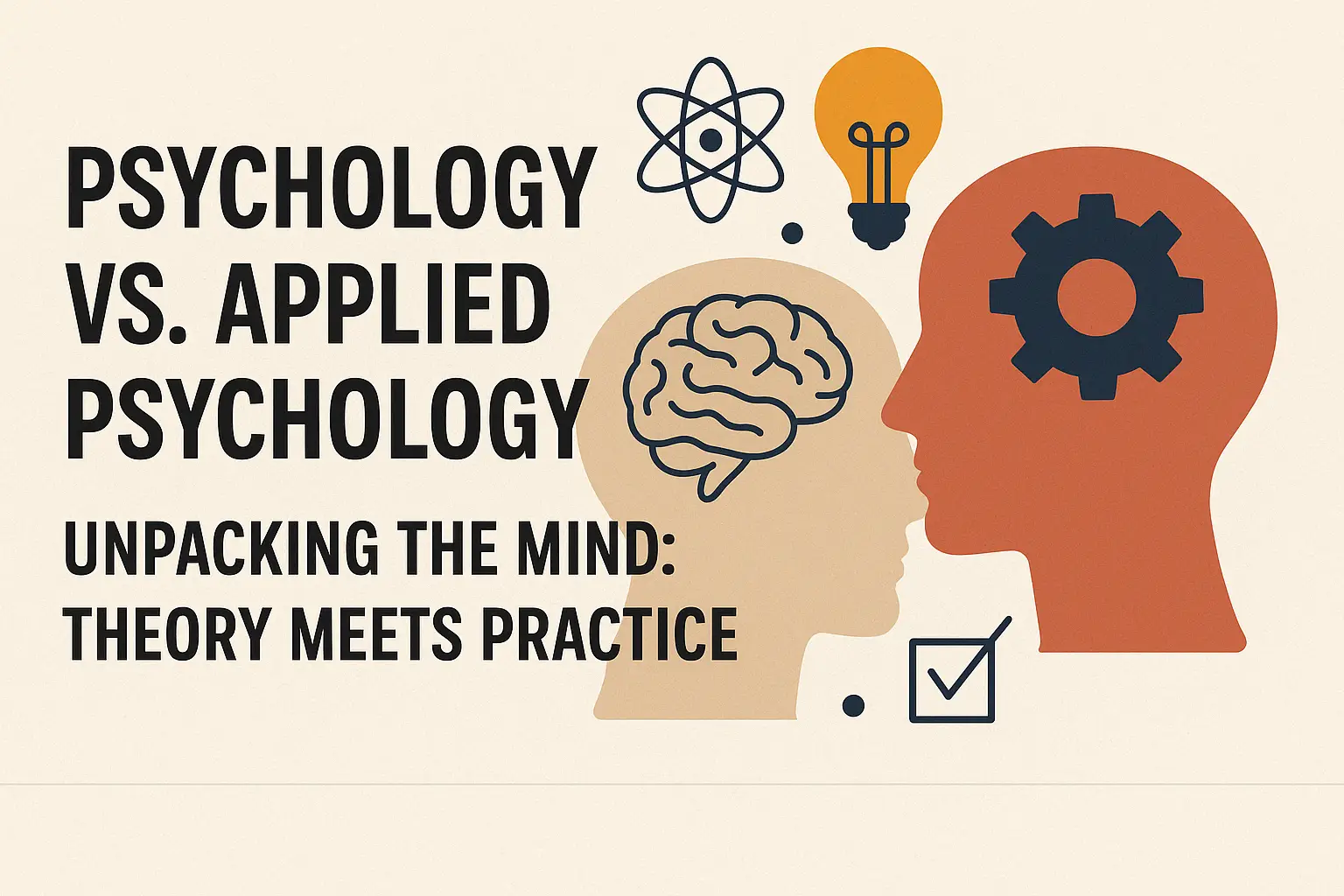Psychology is more than just the study of the mind — it’s the art and science of understanding what drives human thoughts, emotions, and actions. By focusing on careful observation and in-depth analysis, psychology unravels the ‘why’ behind what people feel and do. For those passionate about making a difference in mental health and well-being, psychology counselling courses open the door to a rewarding career in the mental healthcare profession.
Historically, psychology was a philosophical concept in ancient civilisations like India, China, Egypt, Greece, and Persia, and over the years it has evolved to become an important science and discipline. In India, the first psychology department was founded in Calcutta in 1905 by Narendra Nath Sen Gupta, which led to a steady evolution of the subject in the country.
What is Counselling Psychology?
Psychology is usually referred to as the science and the process of assessing the mental and behavioural state of individuals. The practice of psychology, starting with the patient’s evaluation and a treatment route, is generally termed counselling. The psychology counselling courses offered at universities are specifically crafted to prepare students with industry-ready skills.
The science behind psychology focuses on exploring the relationship between brain function and behaviour, in turn, benefiting individual life and society on a broader spectrum. In a way, psychology is involved in every facet of human life. Psychological studies help in employing theories and methodologies to research mental states and form a hypothesis backed by evidence that tends to solve problems on an individual or societal level.
How Does Counselling Psychology Differ from Other Branches of Psychology?
As stated earlier, counselling psychology is the practical exploration of the discipline through an interdisciplinary curriculum, research-based practice, regular workshops, and internships in mental health institutes or with psychologists. The approach for counselling psychology is more person-centric and requires the practitioner to be good listeners, analysts, and strategists who can offer positive solutions.
Most psychology branches stress psychotherapy and use it as a fundamental science to evaluate patients with their mental syndromes. Counsellors, on the other hand, rarely use psychotherapy and rely heavily on a solution-based approach and suggesting plans to better your life. The license for psychology practice is granted to every graduate; however, counselling rights are reserved for postgraduate degree-holders.
Counselling Psychology: Curriculum, Eligibility & Career
M.Sc. in Counselling Psychology offers advanced knowledge and training for making the transition from a scholar to a counsellor more in line. Every psychology graduate is allowed a license to practice, but counsellors and therapists have the chance to actually see patients, diagnose and treat them.
Jindal School of Psychology & Counselling (JSPC) offers one of the most pristine psychology courses in India that attempts to foster a culture of intellectual engagements, discovery-based learning opportunities, and produce ethically skilled mental health professionals. The programme has been structured after a globally recognised scientist-practitioner model that bridges the gap between training and practice. JSPC models its programme after two key criteria: Sustainable Development Goals of good health and wellbeing, and the WHO recommendation, “there can be no health or sustainable development without mental health”. Graduates in Psychology can apply for the M.Sc. programme if they clear the Jindal PMAT exam and a personal interaction round with the faculty.
According to data, over 70%-90% of Indians fail to seek mental health advice for various reasons, including the lack of healthcare professionals in the field. Naturally, the demand for professionals in the mental health field is high, and graduates can take up a master’s to advance their knowledge and skillset, in turn, extending their professional goals and their help to the unwell.
The Benefits of Studying at the Jindal School of Psychology & Counselling
The Psychology Counselling programmes at the Jindal School of Psychology and Counselling (JSPC) are carefully structured to balance theory with real-world application. The curriculum is divided into core subjects, practical training, research projects, and a wide range of electives. Recognising the importance of hands-on experience, JSPC integrates on-campus training, school-based fieldwork, and community engagement, ensuring that students are well-prepared for the demands of professional practice.
As a postgraduate from JSPC, you’ll find diverse career opportunities across multiple sectors. While the healthcare industry remains a primary destination for counsellors, the education and corporate sectors are increasingly recognising the value of mental health professionals in fostering supportive, productive, and thriving environments.





